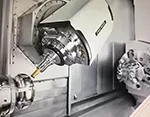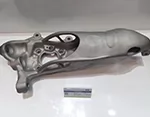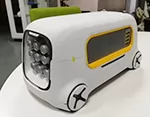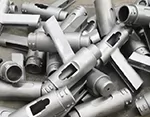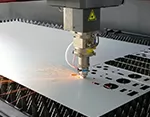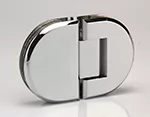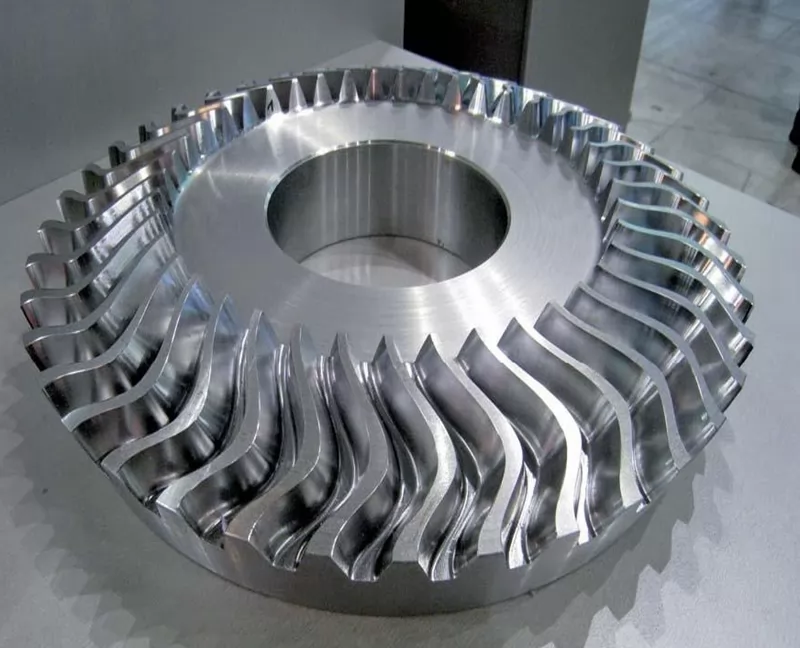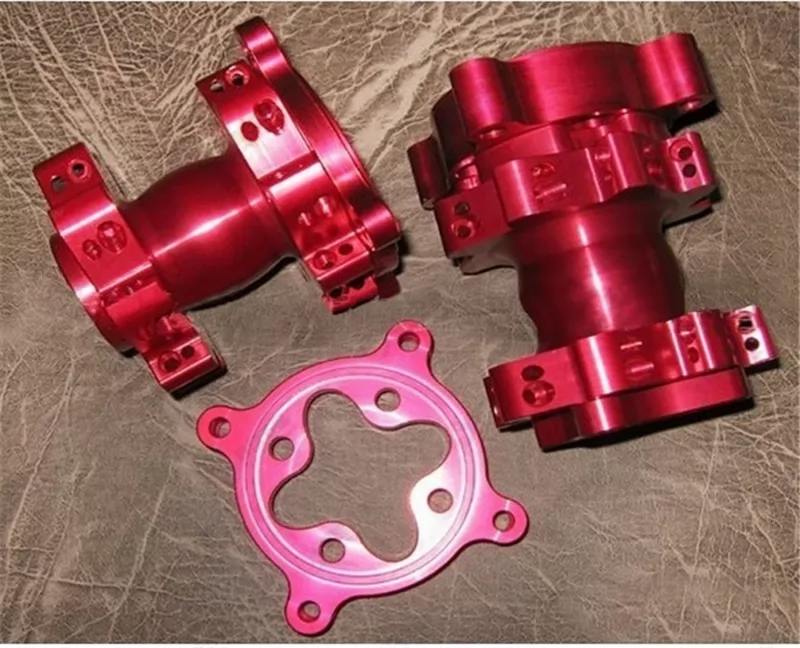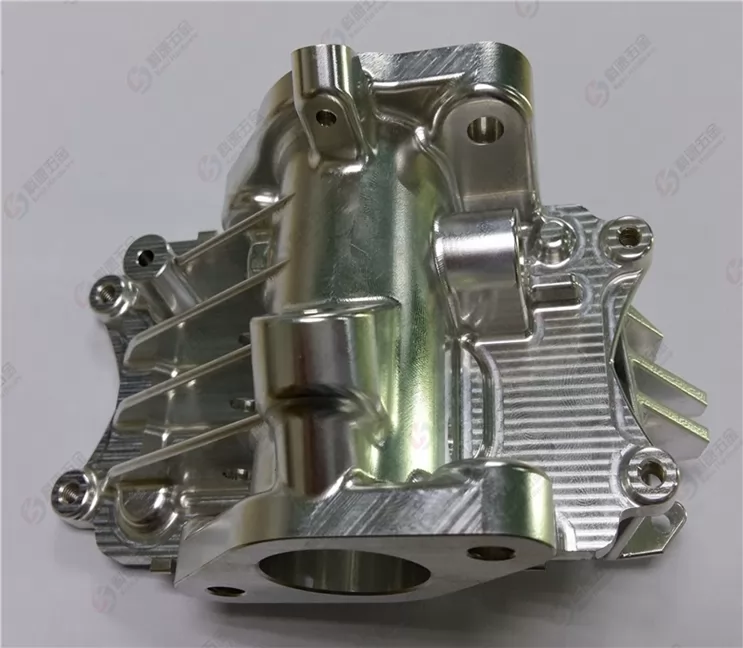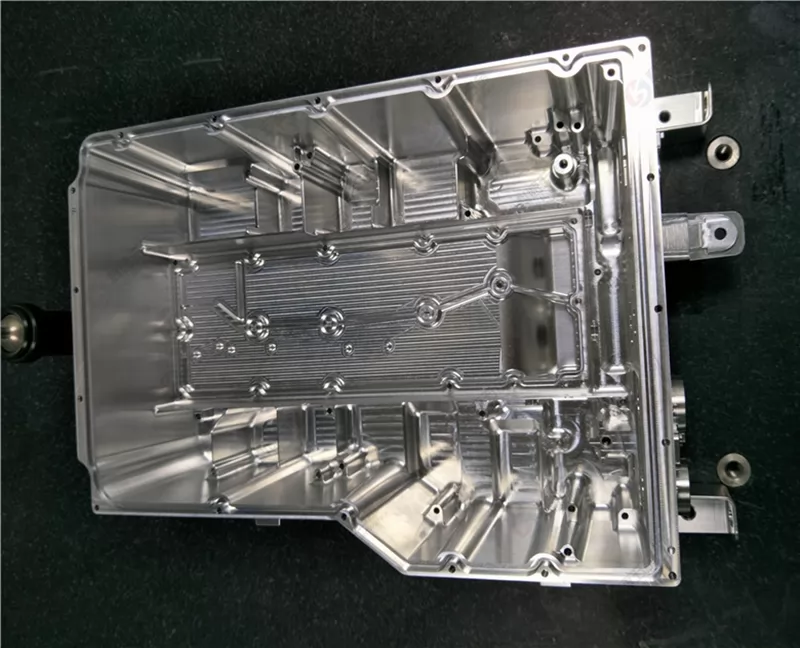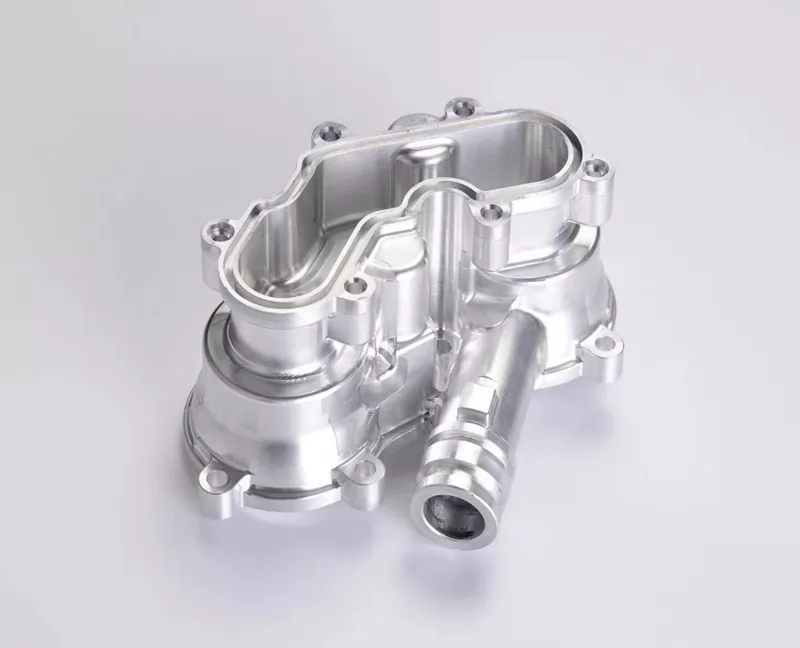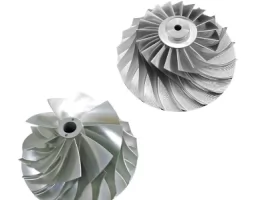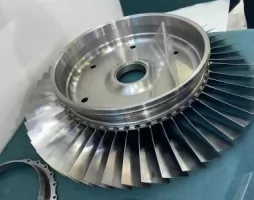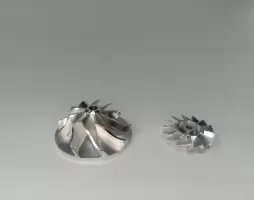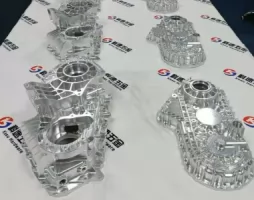-
Service
+
- CNC Precision Machining Service +
- Multi-Axis Simultaneous Machining Service +
- CNC Turning Service +
- Metal 3D Printing Service +
- Rapid Prototyping Service +
- Die Casting Service +
- Sheet Metal Fabrication Service +
-
Finish Serivces
+
- Polishing
- Grinding
- Brushed Finish
- Sand blasting
- Painting
- Powder Painting
- Anodizing
- Hard anodizing Service
- Passivation
- Zinc Plating
- Nickel Plating
- Chrome Plating
- Blackening
- Black Zinc Plating
- Teflon Coating
- Titanium Coating
- DLC Coating
- Laser Marking
- Silk Screen Printing
- Transfer Printing
- Micro Arc Oxidation
- Industries +
- About Us +
- Resource +
- Contact Us
- Quote

-
Service
-
>
-
>
-
>
-
>
-
>
-
>
-
>
-
>
-
- Industries
- About Us
- Resource
- Contact Us
Precision machined parts often require intricate features and require precise specifications. These parts may include threads, holes, grooves, or tapers that must provide an exact fit with other components.
Precision machining is typically used to produce metal parts that require precision for the product to function properly. For example, the components that make up an automobile engine require precise specifications for optimal performance. At Kesu Hardware, our best tolerance could reach ±0.002mm.
The Precision Machining Process
The precision machining process often starts with an initial sketch, which is rendered using computer-aided design (CAD) software. Engineers use CAD software such as AutoCAD to create a 3D diagram of a hand-drawn sketch.
Machinists may then enter the design into computer-aided manufacturing (CAM) programs or CNC machines. Computers automate the removal of material to produce precise parts.
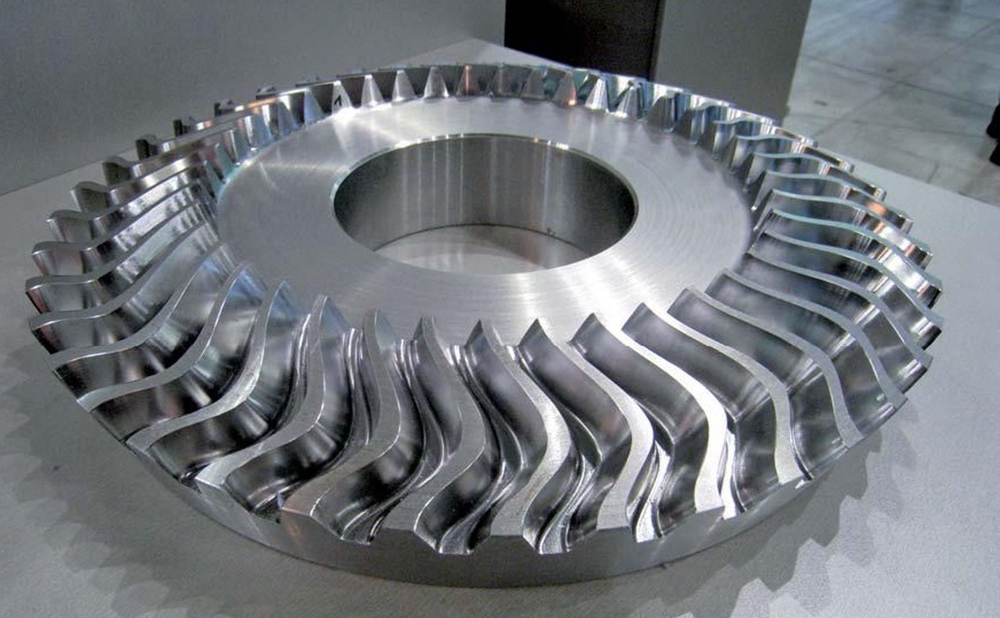
Precision machining processes allow for greater accuracy. Each cut is completed by a machine that receives instructions from the computer software.
The machines can carry out precise cuts with limited margins of error. This results in increased repeatability. You can continue to produce thousands of the same parts with identical specifications and tolerances down to 0.002-0.05mm.
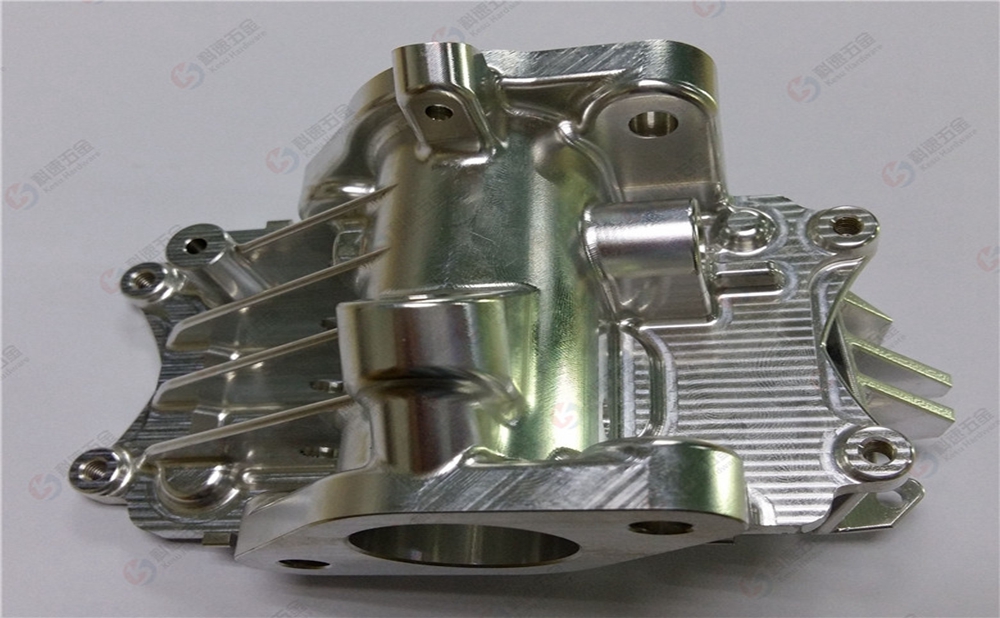
Contact:
Email: Maggie@kesugroup.com,
WhatsApp: +86 135-348-21321
Our engineer team are ready for your projects and provide feedback quickly.

